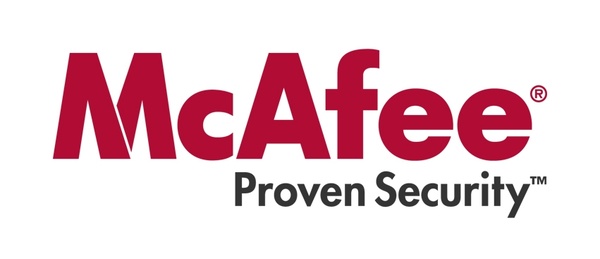
Security firm McAfee Labs has released their annual "Threat Predictions" report this week, giving some insight into the malware world into 2013.
Perhaps most interestingly from the report was the suggestion that attacks made by hacktivist group "Anonymous" will decline in the new year.
Additionally, the report predicts "a rise in the frequency and sophistication of mobile malware, and a rise in large-scale attacks that aim to cause as much destruction as possible," says Ars.
Into 2013, McAfee says hacktivism will be conducted by "homogeneous, politically-motivated groups" rather than the current mix of attacks by different hackers with different motivations: "Sympathizers of Anonymous are suffering. Too many uncoordinated and unclear operations have been detrimental to its reputation. Added to this, the disinformation, false claims, and pure hacking actions will lead to the movement's being less politically visible than in the past. Because Anonymous' level of technical sophistication has stagnated and its tactics are better understood by its potential victims, the group's level of success will decline. However, we could easily imagine some short-lived spectacular actions due to convergence between hacktivists and antiglobalization supporters, or hacktivists and ecoterrorists."
Terrifyingly, McAfee predicts that large-scale attacks like Stuxnet will become more prevalent, destroying infrastructure. There could also be new attacks that are created just for "destruction sake" rather than any monetary gain.
Additionally, the report predicts "a rise in the frequency and sophistication of mobile malware, and a rise in large-scale attacks that aim to cause as much destruction as possible," says Ars.
Into 2013, McAfee says hacktivism will be conducted by "homogeneous, politically-motivated groups" rather than the current mix of attacks by different hackers with different motivations: "Sympathizers of Anonymous are suffering. Too many uncoordinated and unclear operations have been detrimental to its reputation. Added to this, the disinformation, false claims, and pure hacking actions will lead to the movement's being less politically visible than in the past. Because Anonymous' level of technical sophistication has stagnated and its tactics are better understood by its potential victims, the group's level of success will decline. However, we could easily imagine some short-lived spectacular actions due to convergence between hacktivists and antiglobalization supporters, or hacktivists and ecoterrorists."
Terrifyingly, McAfee predicts that large-scale attacks like Stuxnet will become more prevalent, destroying infrastructure. There could also be new attacks that are created just for "destruction sake" rather than any monetary gain.












